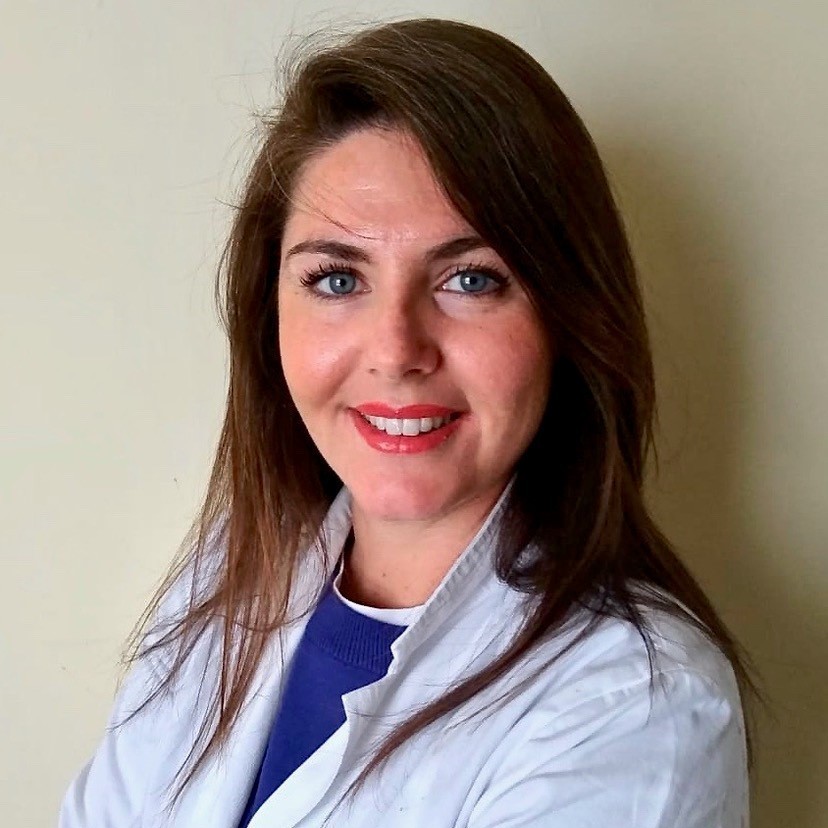
Mitochondrial Functionality and Metabolism in Human T Cells
Recorded On: 10/13/2020
-
Register
- Visitor - $50
- Bronze - Free!
- Silver - Free!
- Gold - Free!
- Platinum - Free!
- Community Administrator - Free!
- ISAC Staff - Free!
- Bronze Lab Membership - Free!
- Silver Lab Membership - Free!
- Platinum Lab Membership - Free!
About the Presenter

Sara De Biasi
Postdoctoral Research
University of Modena and Reggio Emilia
Sara De Biasi obtained her PhD in clinical and experimental medicine (immunology) from the University of Modena and Reggio Emilia in 2013. Most of her work focuses on the variability of adaptive immune response in HIV, autoimmune disease, and cancer. For the last two years, she has studied T cell metabolism with particular interest in mitochondria. Dr. De Biasi is an ISAC Marylou Ingram Scholar and a member of the CYTO U Task Force.
Webinar Summary
This webinar will focus on methods to investigate metabolic changes and mithochondria functionality of T cell subpopulations. Data obtained studying T cells in a group of progressive multiple sclerosis patients will be discussed.
Learning Objectives
Upon completion of this webinar, you will be able to:
- Evaluate mitochondria phenotype and functionality.
- Evaluate T cell metabolism.
- Evaluate differences among functionally for different T cells.
Who Should Attend
Researchers who want to learn how to dissect metabolic changes, mitochondrial phenotype, and functionality in human T cells in different pathophysiological conditions.
CMLE Credit: 1.0

